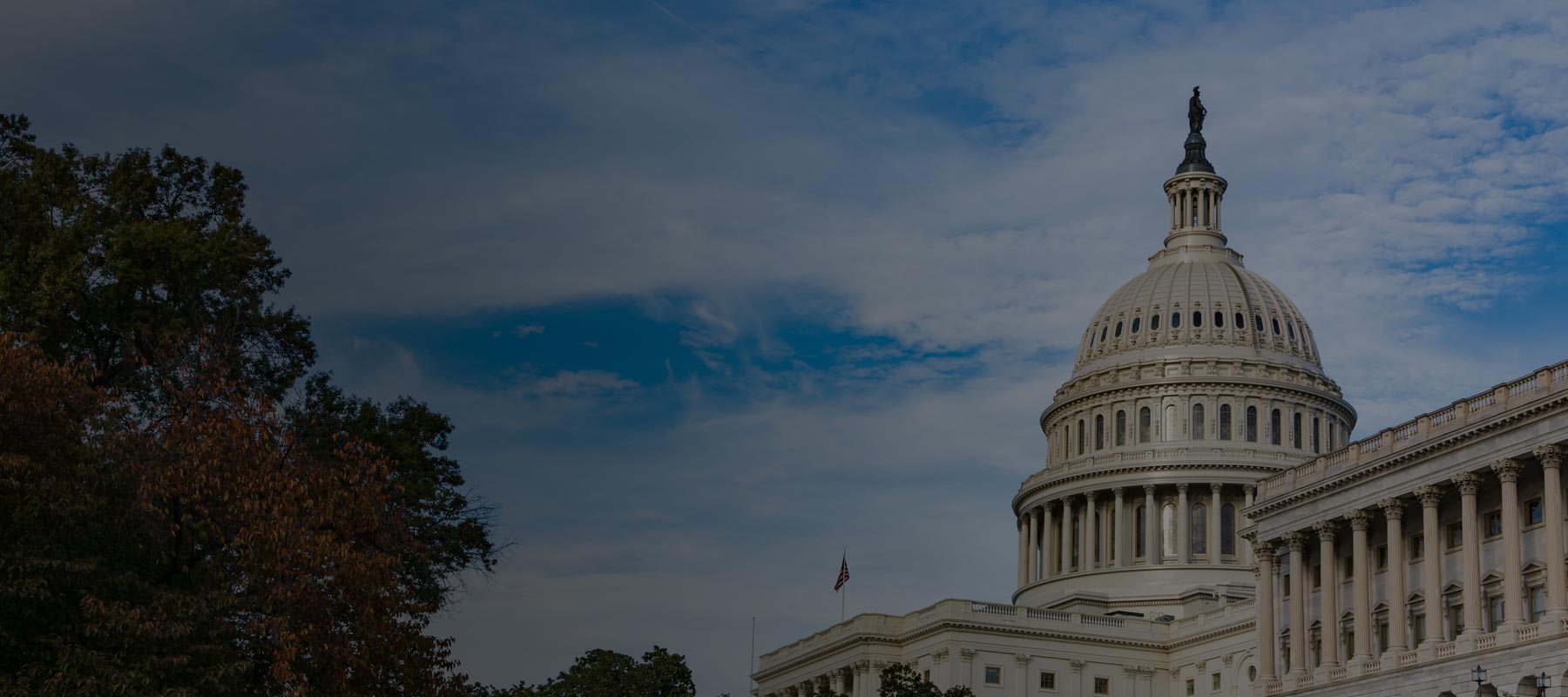Call Us Now
202-960-4596
Schedule a Free Consultation

Most Americans celebrate Fourth of July evening by watching a fireworks display. Fireworks can cause serious injuries to children and adults alike. For those who choose to put on fireworks at home without a professional, the National Safety Council has a few safety tips. Additionally, learn what types of fireworks are and are not permitted in the state where you’ll be celebrating. The chart below illustrates fireworks regulations for the DC Metro Area.
D.C.
Specifically Permitted: Toy paper caps containing not more than 0.25 grain of explosive composition per cap, sparklers less than 20”in length, torches, box fire, fountains, cones, dip sticks, non-poisonous snakes, novelties, and colored lights.
Specifically Prohibited: Firecrackers of any kind of description. Any fireworks that explode, (cherry bombs, salutes, roman candles, floral shells, artillery shells,) or intended to move after the piece is placed and fires (bottle rockets, parachutes, buzz bombs, pinwheels, helicopters, jumping jacks.) Sparklers more than 20” in length that contain dangerous chemicals, or any highly oxidizing agent. Fireworks having a side fuse, or a fuse inserted at any point along the length of the firework, and any firework found by the Fire Chief to be dangerous to the safety of any person or property.
Maryland
Specifically Permitted: Sparklers containing no chlorates or perchlorates, ground based sparkling devices that are non-aerial non-explosive, and are labeled in accordance with the requirements of CPSC. Paper wrapped snappers containing less than 3/100 grains of explosive composition, and snakes that contain no mercury and are not regulated by DOT. Note: retailers must submit products for testing and approval to State Fire Marshal’s Office prior to sale.
Specifically Prohibited: All others
Virginia
Specifically Permitted: Sparklers, fountains, pharaoh’s serpents, pinwheels, and whirligigs.
Specifically Prohibited: Firecrackers, skyrockets, torpedoes, and other fireworks which explode, travel laterally, rise into the air, or fire projectiles into the air.
State firework laws should not be the only consideration. The NSC suggests the following firework safety tips:
We have previously highlighted similar tips in our blog entitled Fireworks Safety Tips for an Enjoyable Independence Day.
For information about your legal rights, please click here or call the law firm of Regan Zambri & Long, PLLC at (202) 463-3030.
Have you or your loved one sustained injuries in Washington DC, Maryland or Virginia? Regan Zambri Long PLLC has the best lawyers in the country to analyze your case and answer the questions you may have.